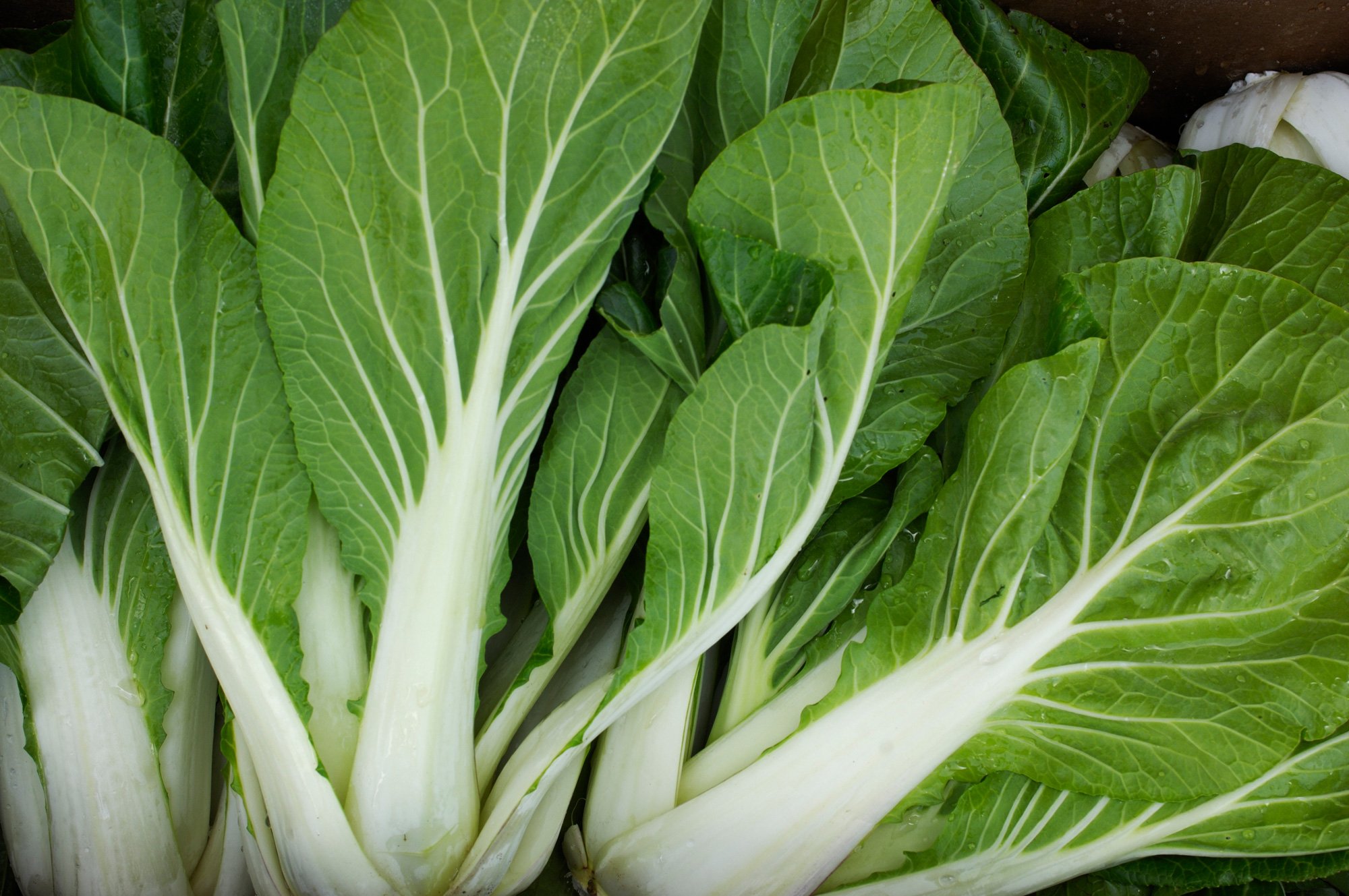
Vertical Farming
Controlled
Vertical farms grow crops in controlled indoor environments, with precise light, nutrients, and temperatures. It’s an approach that increases food safety and security because crops are unaffected by changing climate and shielded from sources of contamination.
Nurturing plants with exactly what they need means faster growth, bigger harvests, and tastier, higher quality produce.
Clean
EVF’s farms use an advanced form of hydroponics, the most established of the vertical farming technologies. In hydroponics, a plant’s roots are fed with nutrient solutions and grown free of soil.
Vertical farming produces far greater crop yields than conventional farming methods without a large environmental footprint.
Consistent
EVF is developing bespoke growing recipes to create the flavours that consumers crave. Our vertical farms can supply wholesalers with a consistent, high-quality source of supply 365 days a year.
Because vertical farms eliminate seasonality, they also create stable market pricing, which is good for both farmers and consumers.
Our roots
While small, residential vertical gardening has been around for decades, it is in the past few years that advances in lighting and reduced energy costs have had a transformative effect, unleashing vertical farming’s potential. EVF has adapted existing agritech in an innovative and unique way, growing crops in environments where they will consistently thrive and produce significantly higher yields while using fewer natural resources.
Read more
Our environment
EVF believes vertical farming will be part of a solution which re-engineers the agricultural system. We are addressing concerns about food security, safety and sustainability, supporting a green recovery, protecting the UK’s farming economy and its environment, and meeting growing demand for more British food. The future of agriculture will grow from the research and investment of vertical farmers such as EVF.
Read more



